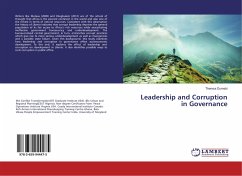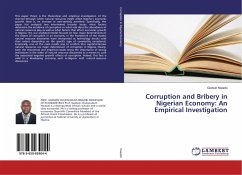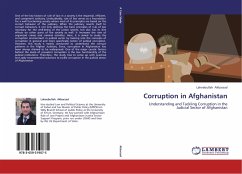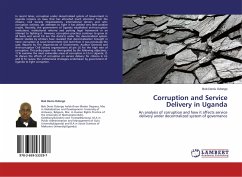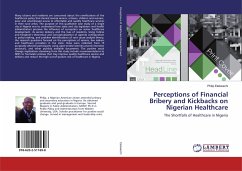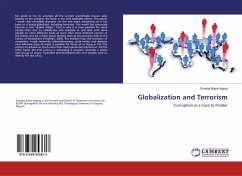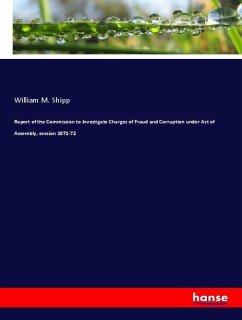Writers like Mutasa (2009) and Ebegbulem (2012) are of the school of thought that Africa is the poorest continent in the world and also one of the richest in terms of natural resources. Consistent with this observation the history of Liberia indicates that corrupt leadership deprives the general population of its fair access to Africa's rich resources while exacerbating ineffective government bureaucracy and underdevelopment. The bureaucratised central government, in turn, entrenches corrupt practices which give rise to more serious underdevelopment as well as insurgencies and a possible state failure. Given this background, this study examines how leadership and corruption in governance affect socioeconomic development. To this end, it explores the effect of leadership and corruption on development in Liberia. It also identifies possible ways to curb corruption in public office.
Bitte wählen Sie Ihr Anliegen aus.
Rechnungen
Retourenschein anfordern
Bestellstatus
Storno

